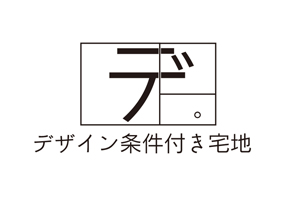What Is a Futures Give up Agreement
A Futures Give Up Agreement: Understanding Its Definition, Purpose, and Significance
In the world of commodities futures trading, the use of futures give-up agreements is becoming increasingly popular among traders. But what is a futures give-up agreement, and why is it important for traders to understand it? In this article, we’ll explore the definition, purpose, and significance of futures give-up agreements, and how they contribute to the trading process.
Definition of Futures Give Up Agreement
A futures give-up agreement (FGA) is a contract between two or more parties involved in a futures trade. This agreement allows one party, the executing broker, to pass on the trade details to another broker, the clearing broker, who will then clear the trade on behalf of the executing broker’s client. Essentially, the executing broker gives up their right to clear the trade in favor of a clearing broker. The FGA outlines the terms of this arrangement, including the fees and commissions involved.
Purpose of Futures Give Up Agreement
The primary purpose of an FGA is to facilitate efficient trading in the futures market. By allowing executing brokers to pass on trade details to clearing brokers, traders can focus on finding opportunities in the market without worrying about the administrative process of clearing trades. This arrangement is particularly useful in cases where the executing broker may not have the necessary infrastructure or resources to clear trades on their own.
Another significant purpose of an FGA is to enable traders to benefit from the expertise and services provided by clearing brokers. Clearing brokers often have access to advanced technologies and market intelligence that can help traders to make more informed decisions. Additionally, clearing brokers can provide traders with access to a wider range of markets and products, further expanding the breadth of trading opportunities available.
Significance of Futures Give Up Agreement
The use of an FGA can have a significant impact on the trading process, particularly for institutional traders. For one, the FGA allows traders to maintain their anonymity in the market since clearing brokers are responsible for clearing trades rather than the executing broker. This can be particularly useful for large trades, where maintaining anonymity can help avoid market reactions that could negatively impact the trade.
Further, an FGA can help traders to manage risk more effectively. Clearing brokers typically have more robust risk management systems in place, which can help traders to mitigate potential losses. Additionally, by spreading trades across multiple brokers, traders can reduce their exposure to any one broker, further mitigating trading risks.
Conclusion
In summary, a futures give-up agreement is a contractual arrangement that allows traders to pass on trade details to a clearing broker who will clear the trade on their behalf. The FGA allows traders to focus on finding opportunities in the market, while benefiting from the expertise and resources of clearing brokers. This arrangement can have a significant impact on trading efficiency, risk management, and anonymity in the market. As such, it is essential for traders to understand the purpose and significance of an FGA in the futures market.


